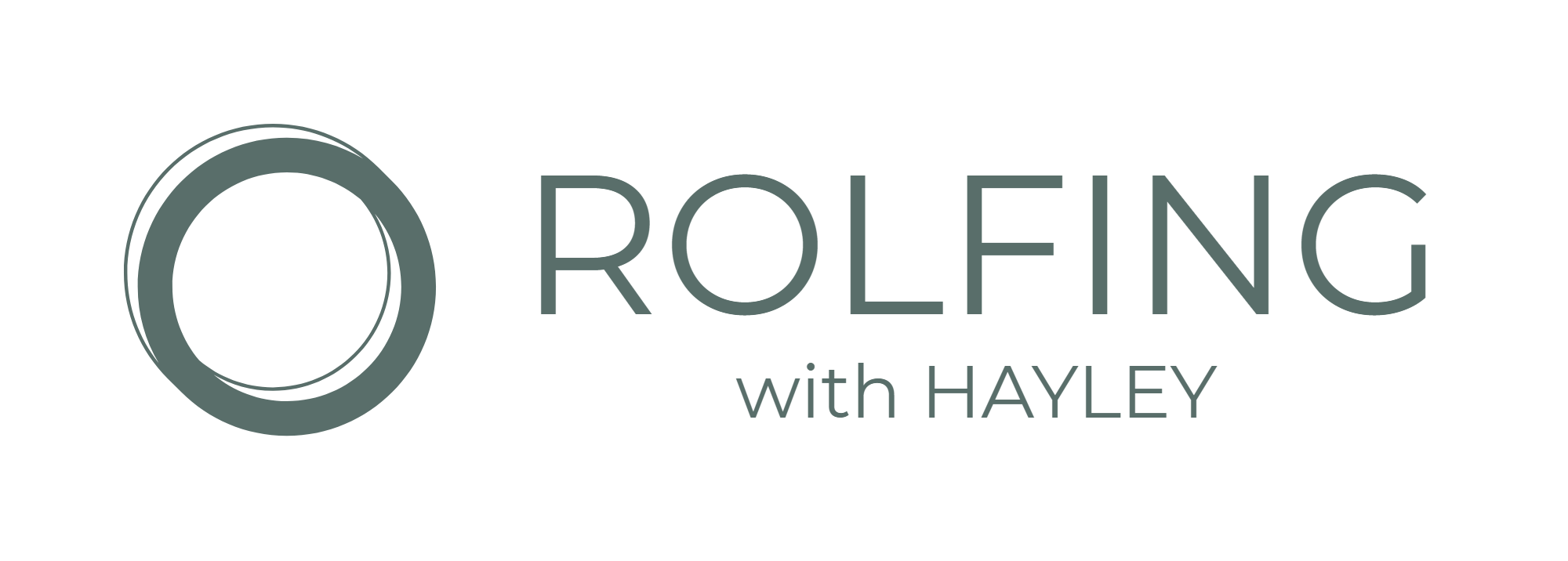Rolfing: Re-organising Social & Cultural Space through the Mind-Body
Seeing Rolfing as
a catalyst for social and cultural change. How changing posture can change cultural and social space
Our posture is ‘organised’ by many things, not just by how anatomy arranges itself in us, but by how the world is organising itself around us and through us.
I get more and more intrigued by how Rolfing and body work can influence and effect our cultural realities, by which I mean our belief systems and the way we organise socially and culturally, including politically. This works on the basic but more newly establishing principle in contemporary movement science that how we behave is governed by our structure (posture), and can be changed through our structure. This means that changing our posture can change how we behave, which of course creates our social, political and cultural realities. Put another way we ‘organise’, including posturally, as humans around consciously, and often subconsciously and unconsciously held beliefs. These beliefs, through our posture, movements and actions organise the way we behave, which forms our social and cultural realities.
And so explicit, and probably more so, implicit beliefs in the people and the world around us as we grow, filter through us (because we are social animals who develop through neurological structures that mimic those around us) and become the way we move and behave, become particular ‘postures’. And so it then makes perfect sense that changing our posture, changes the way we move and behave, and this can then filter through into society, changing our systems, our social and cultural realities. And growth happens in adulthood as well as childhood, our structure (posture) can change through-out our life and we can also opt for change, so this change isn’t only something we could activate through parenting and education with children but in and through ourselves and wider communities as adults, by exploring body work.
This potential for change, through our structure, into our behaviour, into our culture, is not only possible at a local level, working with those directly around us. But also through how our movements in the world become our work; as social worker, climate scientist, politician, dancer, writer, philosopher; and reach around the world.
My own work with and through my own posture, in the company of some amazing body workers, and also through meditation, which is also a system for change, has become about organising around peace and silence. And I become interested in being good company for my Rolfing clients, with touch, knowledge of the body systems and my own experience, to go on this journey if they wish too.
My research is how can I re-organise, as a city dweller and someone who has had many trauma inducing bashes in my life (as we all have), so my movements and behaviour orient from a peaceful place. This comes into my work as a dancer too, how can I create dances and projects that move others towards some kind of peace. In my experience it’s not a direct movement, we have to go through beautiful jungles of digesting emotion and experience, and all of that still hangs around even as we begin to touch and recognise more peaceful spaces. And this work for me, as dancer and in leading dance projects , also leads me at times to challenge convention in how I work, to change the space before I dance in it as it were.
This isn’t a new idea, that our belief systems create our cultural and political realities. I am just seeing it, through the lens of a body worker, and perhaps body work and fascia science is thickening it’s understanding of this too in my life-time, and the words for it are becoming available. In fact, I was reminded about this play between belief systems and cultural and political realities as I was reading The Tamarisk Tree this morning, Dora Russel’s autobiography.
Dora was astounding in her thinking, you can hear this theme of belief systems effecting culture as she writes about common held religious and philosophical thought, effecting political action and attitude in the 1920s in The Tamarisk Tree, page 162 “Since Newton, religious thought has tended to take refuge in the notion of the First Cause; God becomes merely a clock-maker or cinematograph operator turning a handle, no longer closely concerned with individual lives, or with individual desires. he is the impersonal origin of the laws by which the Universe is regulated, laws that are strictly impartial and no more favourable to man than the rest of creation. I believe this to be the instinctive religion of the average modern mind; though not formulated as a dogma, it dominates the imagination. With it goes a passionate belief in the solidarity and importance of matter, likewise derived ultimately from the Newtonian gravitation theory. Good, or rather goods, come to that man who sufficiently understands the working of natural laws to achieve material prosperity by their means. The modern theory of the State derives, like the old one, from the current religious conception. It envisages the ruler, or group of rulers, as scientific winders of the clock, who construct society according to certain fixed laws regulating the distribution of matter, in complete disregard of ranks and classes, prayers of individuals, or received moral standards.. ”
This, by Russel, is a good description of a cultural reality being woven by a set of belief systems, creating a particular reality. Wouldn’t it be good if we could change this one?
Hayley
More on my dance projects here Ensemble Dans-Tank
Text me to arrange a call about a Rolfing process here

